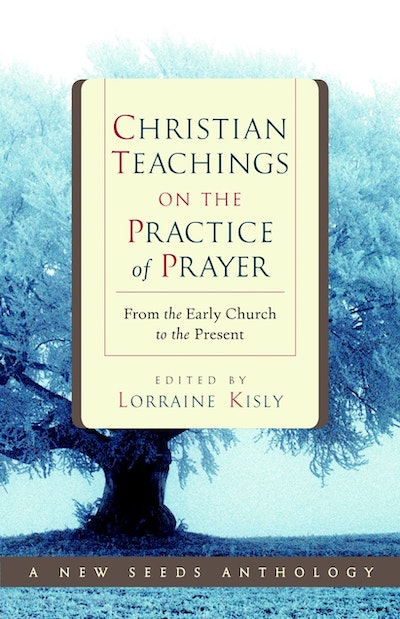From John Chrysostom in the fourth century to Teresa of Avila in the sixteenth to William Butler Yeats in the twentieth, this wide-ranging collection is a treasury of writings on prayer from throughout the history of Christianity. Lorraine Kisly has arranged the material according to the great general themes of prayer—such as praise, thanksgiving, repentance, and purification—to make this anthology serve as a course in Christian prayer for anyone, as well as a marvelous companion for the contemplative journey in general. "If this book is read truly," says Bishop Seraphim Sigrist, in his introduction, "the reader will surely find the beginning of prayer itself, and this is to open another book with no end at all."
Christian Teachings on the Practice of Prayer features writings by:
• Angela of Foligno
• Augustine of Hippo
• Bernard of Clairvaux
• Dietrich Bonhoeffer
• Ephrem of Syria
• Francis of Assisi
• John Donne
• George Fox
• C. G. Jung
• Søren Kierkegaard
• C. S. Lewis
• Martin Luther
• Thomas Merton
• Meister Eckhart
• Henri Nouwen
• Flannery O'Connor
• Marguerite Porete
• Seraphin of Sarov
• Teresa of Avila
• Pierre Teilhard de Chardin
• John Wesley
• Evelyn Underhill
• many more

